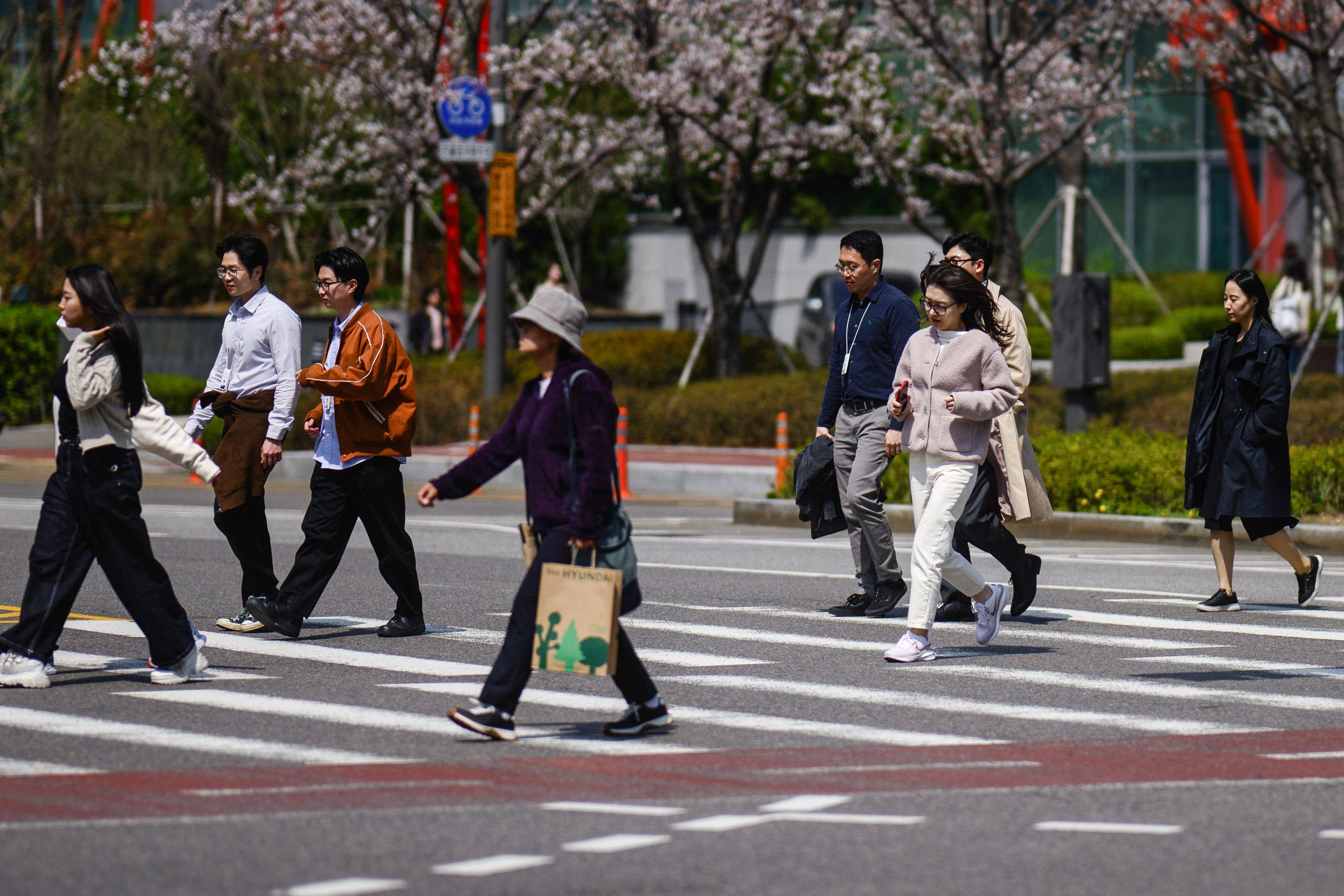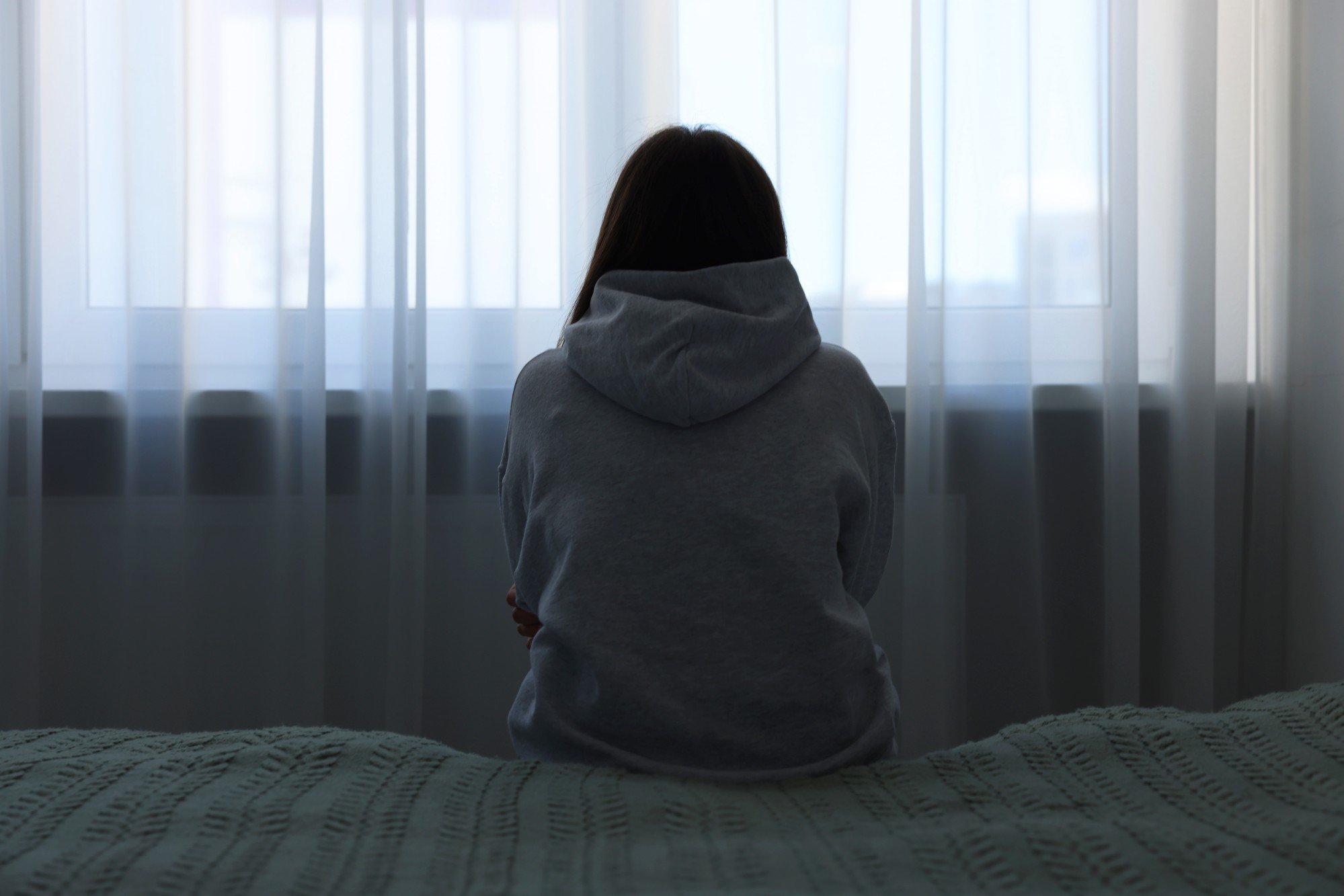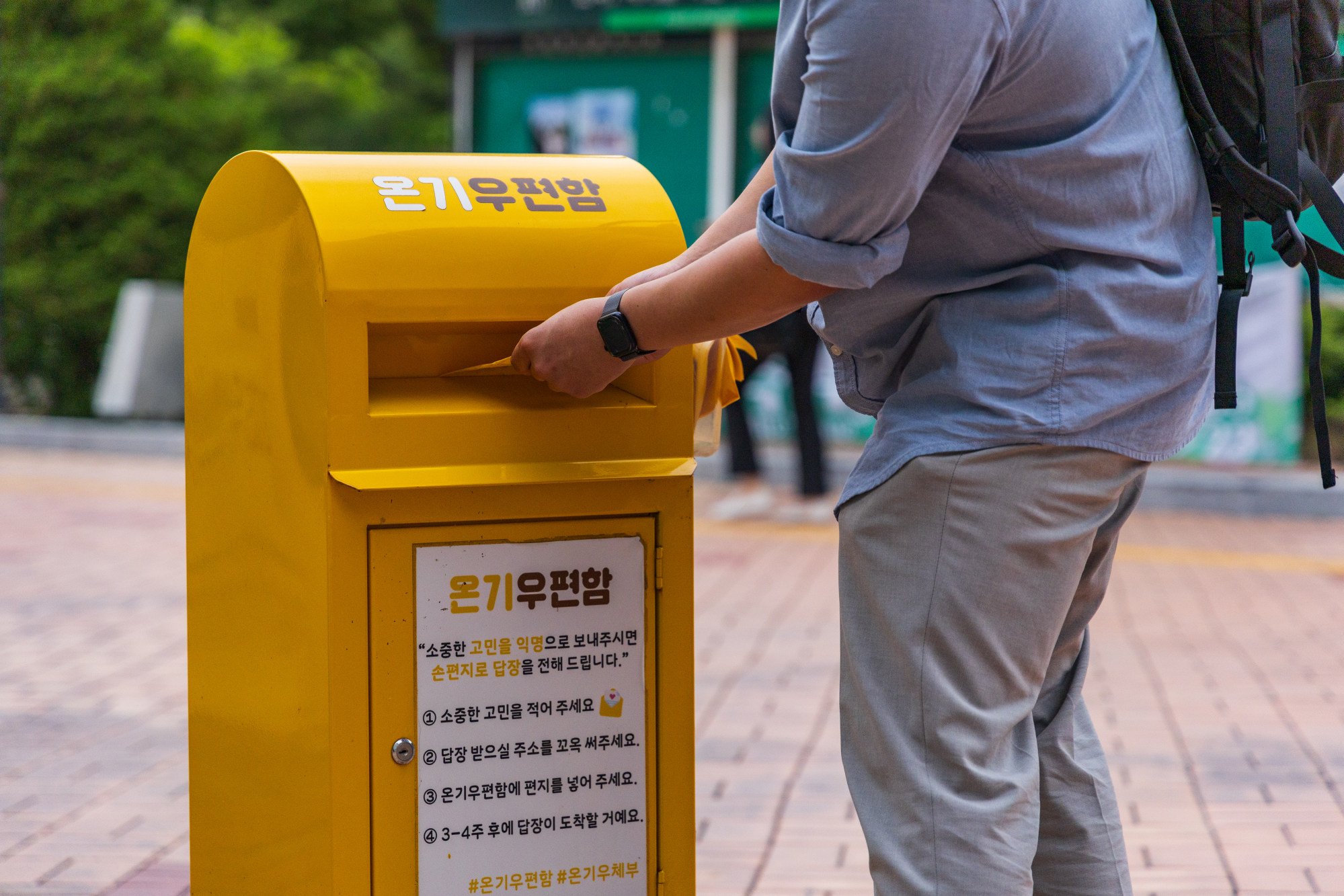Seoul is spending millions to fight loneliness in South Korea. Will it work?
Efforts include creating spaces like the Seoul Maeum Convenience Store, a cross between a mental health centre and a cafe, and a 24-hour support hotline

A growing epidemic of social isolation in South Korea has prompted its capital city to invest more than 450 billion won (US$330 million) in a sweeping five-year initiative aimed at reducing loneliness in the city.
The Seoul Metropolitan Government’s efforts include the launch of a convenience store where locals can enjoy free instant noodles while talking about their feelings, as well as a 24-hour counselling hotline.
Seoul is at the epicentre of the nation’s social isolation epidemic, with people living alone now making up more than 35 per cent of all households in the capital, according to The Korea Herald.
A recent Seoul Institute survey revealed that 62 per cent of single-person households reported experiencing loneliness, while 13.6 per cent were socially isolated.
A separate 2023 study by the city estimated that about 130,000 people aged between 19 and 39 were living in near-total social withdrawal.

Lonely deaths in South Korea – where someone dies by suicide or illness after living in social isolation – increased from 3,378 in 2021 to 3,661 in 2023, according to the South Korean Ministry of Health and Welfare.
In light of the prevalent issue, the government has created spaces like the Seoul Maeum Convenience Store, a cross between a mental health centre and a cafe, where people can drop in for free meals, discussions or relaxation.
Since April, a 24-hour support hotline has also been available, offering year-round counselling to Seoul residents seeking support and resources to combat isolation or cope with relationship issues.
Seoul’s government reported that as of May 8, the hotline had recorded 3,088 loneliness-related counselling sessions – exceeding its annual target of 3,000 calls in just one and a half months.
The city is also expanding peer support programmes such as “Everyone’s Friend”, where formerly isolated residents are trained to provide outreach and emotional assistance to others in similar situations.
The Seoul Isolation Prevention Centre, South Korea’s first public agency tasked with identifying and helping socially withdrawn residents, uses data-sharing agreements with welfare offices, utility companies and delivery services to identify signs of withdrawal. These include uncollected mail or repeated solo food orders.
Once flagged, individuals are contacted through phone calls, home visits or digital channels and offered tailored support such as counselling, peer mentoring or community group referrals.

Shin Hye-jin, a 28-year-old graduate student who moved to Seoul from the southeastern city of Daegu five years ago, told The Korea Herald how her first year in the capital felt more isolating than she could have imagined.
“I lived in a goshiwon [a small dorm-like room] near campus. I never met my neighbours. Even in class, no one talked unless we had to, for group projects,” she said.
“There were nights I realised I hadn’t heard my own voice for days.”
Shin later joined a neighbourhood “Silent Walking” group she found on “Danggeun Market”, a hyperlocal app for trading second-hand goods that also hosts hobby-based social groups.
“It sounds silly, but walking silently next to strangers helped,” she said. “It felt safe. No one expected anything from me.”
Struggling individuals are also finding support through the Warmth Mailbox, another non-governmental remedy for emotional isolation. The project allows people to open up by writing in letters anonymously, in return for handwritten replies from trained volunteers offering empathy and connection.